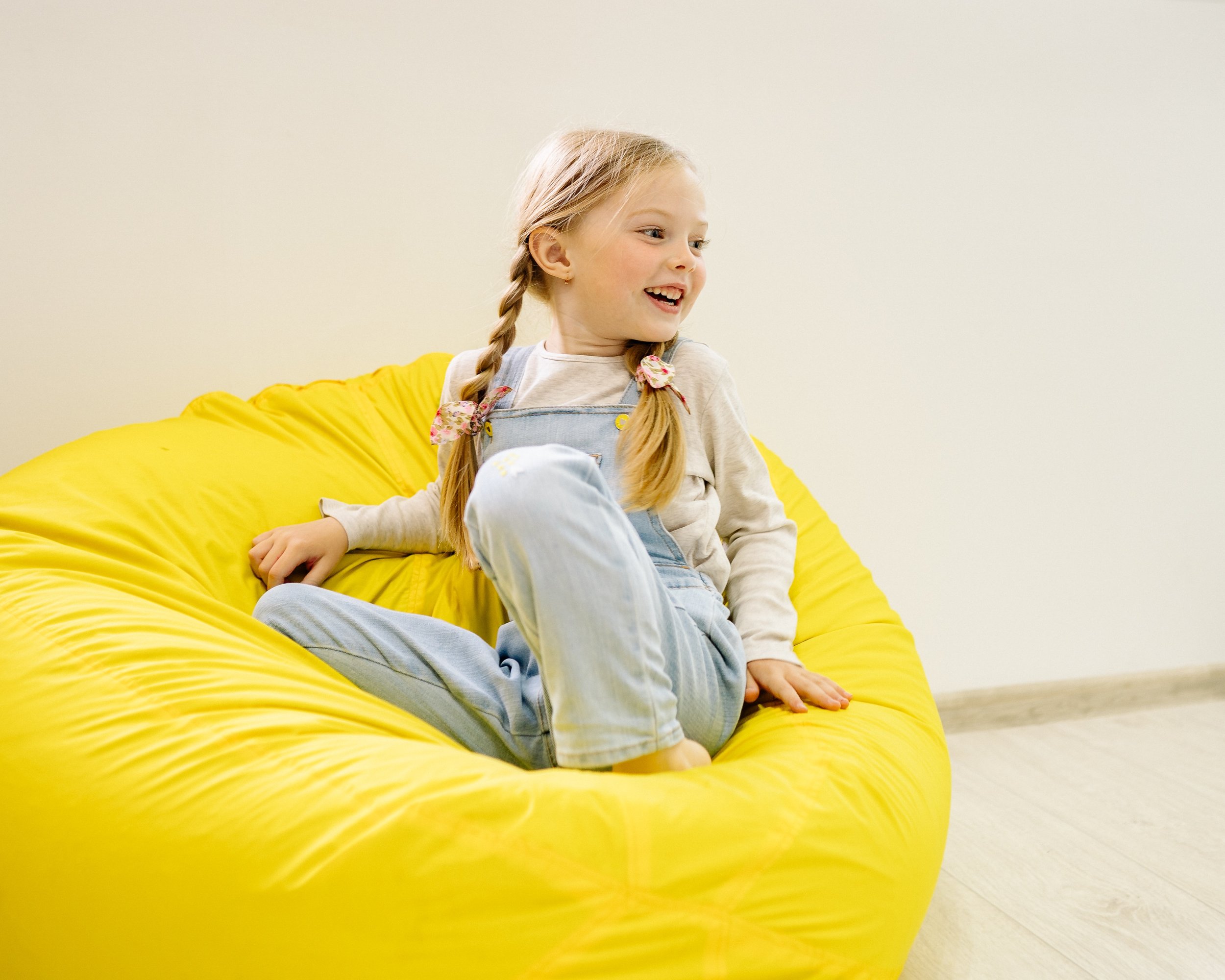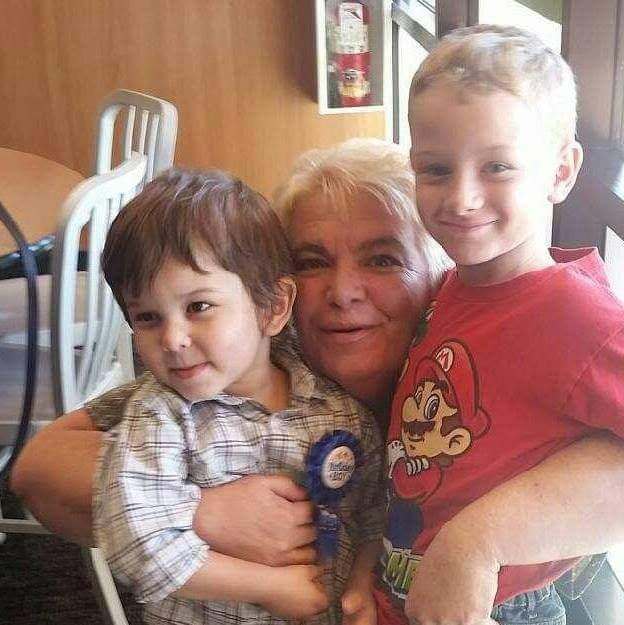December 1, 2025
Make the Holidays Successful for Kids on the Autism Spectrum
FEATURED POSTS
November 25, 2025
November 7, 2025
It’s beginning to look a lot like that time of year when your list of things stressing you out is as long as your shopping list.
Keeping the magic alive during the holidays for families living on the spectrum may mean taking extra time to look at the season through your child’s eyes. Maybe your notions of holidays past belong in the past because those traditions no longer work.
For families dealing with autism, the key to a successful holiday season may lie in your ability to adapt to what works now, even if it’s unlike the holidays of your youth.

1. Talk to your family about what to expect.
Not everyone knows what it’s like to face the holidays when you have kids on the spectrum. When Holly Bird’s grandson was a toddler, her extended family just kept saying her grandson was in his “terrible twos” when he would act out. Her grandson wasn’t diagnosed with autism until he was four. But it was clear from his early days that he would not experience the holidays like the rest of the family, she says.
“It took us a while to get the rest of the family to understand,” says Bird, a retired health counselor in Arizona who writes a blog about her family’s adventures. Her family advised her to utilize disciplinary tactics like “time out” to get her grandson to listen, Bird shares.
It took some communication to get everyone on the same page about how to make holidays successful for the entire family.
“The biggest thing we try to do for the holidays is to make sure the family knows that when we’re together as a family, it isn’t all about the child with autism” and the whole family responding to the child’s behavior, she says. “It’s all of us being calm and … him just being able to do what he regularly does” in his normal routine.
Bird communicates with family members who are coming in from out of town with a phone call, email, or text message to let them know how they can adjust for her grandson’s special needs.
Katie Koole-McCurdy, a Michigan mom who has two boys on the autism spectrum, started writing about life on the spectrum while preparing for a family reunion several years ago. She experienced the same feeling about needing to communicate what was happening.
Her oldest was three at the time and had sensory issues and needs beyond what her family had experienced.
“I was like: I’m going to go to this family reunion. I’m going to get all these questions, or they’re going to judge that my kid is acting very differently than what is typical,” Koole-McCurdy says. “I have no shame in this. I’d rather just explain to everyone what’s going on.”
Seven years later, she still runs The Maseman, “the musings of two normal parents to two normal boys. Because normal is relative.”

2. Change your own expectations.
Successfully handling holidays can start with changing your own expectations of what the holidays should be, Koole-McCurdy says.
“Sometimes, you have to say no to things, and it’s hard,” she says. Sometimes, when she knows they’re invited to a house with 30 people where her boys are going to be expected not to touch anything, it might not go well. So, she might opt out.
“I can’t expect my kids to do things that they’re not able to do,” she says.
Bird knows the struggle.
“It is hard,” Bird says, “because people’s expectations of the holidays have been pounded into our heads for so many years.” Families coping with autism can’t do things the way things have always been done, she says. And that’s OK.

3. Choose the traditions you want to keep.
Expectations also include knowing what’s important to you as a parent, Koole-McCurdy says. She wanted her children to be able to enjoy some of the same family traditions she enjoyed as a child. She had to take time to process and figure out which traditions would work for her kids.
Before kids, she thought she couldn’t wait to try the Elf on the Shelf® tradition of setting a magical elf around the house. After having two boys with autism, she realized that was something they wouldn’t understand.
But she discovered her 10-year-old loves helping to put up the Christmas tree.
“So, we make that time a really special time,” she says. “It’s not something for me that I really cared about as a kid. It wasn’t a big tradition. But my one son really likes that.”

4. Don’t force-feed holiday foods.
Sometimes, Bird’s family orders pizza for the kids’ table to remove some of the stress that comes with family dinners. Her grandson is partial to simple foods, so they don’t make a big deal about it.
“If he eats chicken nuggets for dinner, he’s going to have chicken nuggets for dinner on Thanksgiving night,” she says. “We’re not going to force him to eat something because Aunt Sally brought it and it’s everybody’s favorite dessert and he has to try it. He’s not going to try it. It’s no different than a regular day. He just knows there’s more people around, there’s more noise, and there’s more aggravation.”

5. Have a settle-down spot.
Bird noticed that in her grandson’s school, kids with autism gravitated toward beanbag chairs that were set up in spaces made to help kids calm themselves.
“We’ve started doing that at home,” Bird says, “where there’s an area where if my grandson or one of the other kids feels that they’re angry, they can go sit there and think about it. There’s no tablets, no nothing. They can just sit there and then come talk to me about it. As parents and grandparents, if we could listen more with our eyes and pay attention to what the children are trying to say to us, it would be easier for all of us.”

6. Keep something tangible on-hand for your child.
For Koole-McCurdy, a go-to item such as a push-pop sensory fidget toy for her younger son is a good distraction. For her older son, who’s less verbal, she brings an iPad.
Before she was a mom, she might have thought letting a child use an iPad at a party would be rude. She’s let that mindset go.
“I have to understand where my son is at,” she says. “He doesn’t have back-and-forth communication skills. For him to go to a setting with a lot of people, he’s not going to converse. It would be so unrealistic for me to have an expectation that you have to sit here and act a certain way when you don’t have the skills to be able to do that.”

7. Be mindful of noises.
Sometimes even the sound of unwrapping gifts can be annoying for a child with autism.
Bird recommends games such as seeing who can unwrap presents the quietest. She also tries to help her grandson understand that loud noises usually do not last a long time. And she knows when it’s time to get the headphones out and let her grandson block the noises.
“If it’s in the middle of dinner, give them their headphones,” she says. “Make it a great day for everybody. Don’t worry about what your family is thinking. Worry about when everybody leaves, and you walk out that door from the holiday, that you guys have had a great day.”

8. Don’t forget to count your blessings.
So much about making holidays successful is meeting kids where they’re at and starting things small, Koole-McCurdy says.
She doesn’t force her kids to do things they don’t like. She gives them breaks. She gets behind the things they love, like decorations. And she finds things in the community, such as a lights and decorations display they can see from inside their car. She sets an appointment to see the Sensory Santa at the mall and adapts holiday traditions to her family’s needs.
“What’s best for our family is that we’re all in a happy place,” she says.
Flexibility and patience are good gifts to have for yourself, Bird says. They help reveal what the holidays are all about.
“Don’t worry about spending money,” Bird says. “Don’t worry about anything. Just remember that you’re fortunate. We’re blessed to have the holiday and to have these kids in our lives. Because, you know, they’re pretty special. They really are.”
To find traditions that may work for your family, consider something tangible. Browse ideas in “Holiday Crafts to Make with Your Child” and “Making Holiday Baking a Success.”






